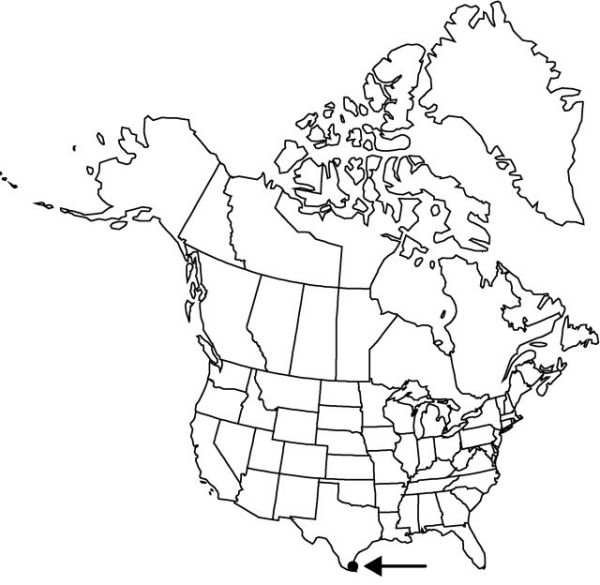Difference between revisions of "Zephyranthes smallii"
Pl. Life 7: 42. 1951.
imported>Volume Importer |
imported>Volume Importer |
||
| Line 56: | Line 56: | ||
|publication year=1951 | |publication year=1951 | ||
|special status=Endemic | |special status=Endemic | ||
| − | |source xml=https:// | + | |source xml=https://bitbucket.org/aafc-mbb/fna-data-curation/src/2e0870ddd59836b60bcf96646a41e87ea5a5943a/coarse_grained_fna_xml/V26/V26_584.xml |
|genus=Zephyranthes | |genus=Zephyranthes | ||
|species=Zephyranthes smallii | |species=Zephyranthes smallii | ||
Latest revision as of 21:15, 5 November 2020
Leaf blade dull green, to 5 mm wide. Spathe 2.2–4.6 cm. Flowers erect; perianth lemon yellow, salverform to broadly funnelform, 2.5–9 cm; perianth tube yellowish green, 1.1–4.4 cm, diam. uniform, ca. 1/2 perianth length, ca. 3–5 times filament length, somewhat shorter than spathe; tepals usually reflexed; stamens fasciculate to semifasciculate, appearing equal; filaments subulate, 0.4–0.9 cm, apex acute; anthers 3–7 mm; style longer than perianth tube; stigma capitate, among or exserted more than 2 mm beyond anthers; pedicel (0–)0.1–3.5 cm, shorter than spathe. 2n = 53, 54, 58, 70, 72.
Phenology: Flowering early fall (Sep–Oct).
Habitat: Low, sandy loam, open fields, swales, ditches
Elevation: 0–10 m
Discussion
Morphology, cytology, and distribution suggest that Zephyranthes smallii (predominantly 2n = 54) arose from hybridization between Z. pulchella (2n = 48) and Z. chlorosolen (2n = 60 in Cameron County) in Brownsville.
Selected References
None.
